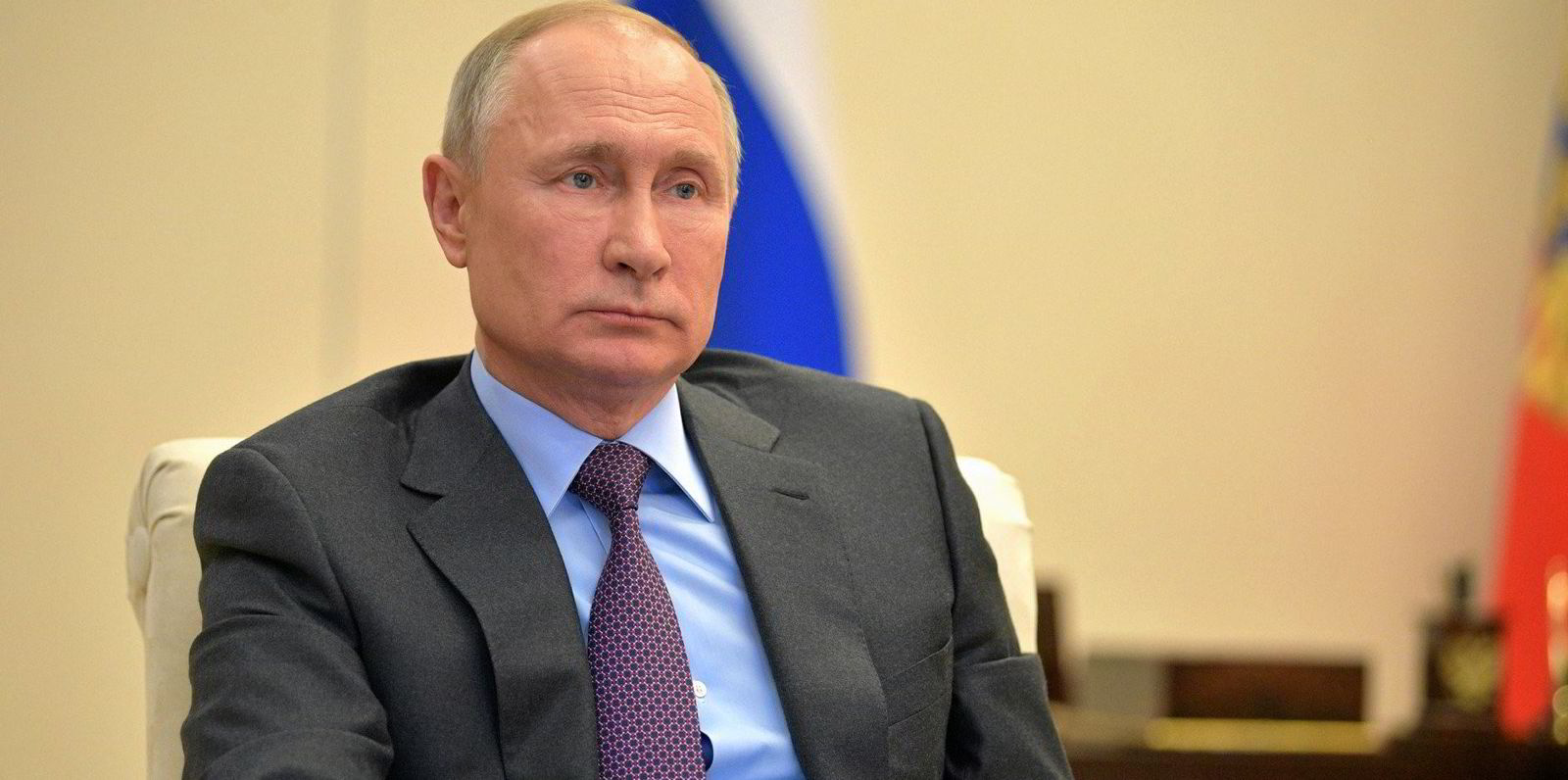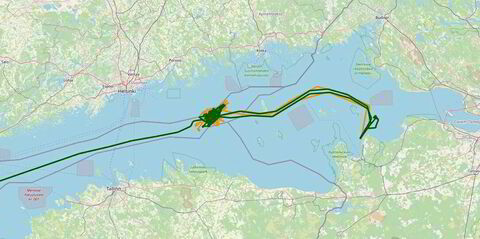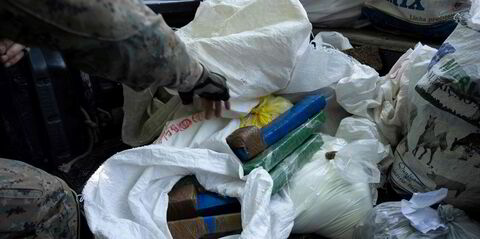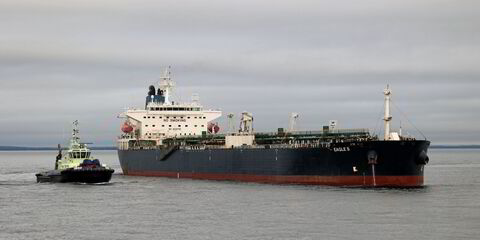The numbers on so-called “self-sanctioning” are surprising, but there are suggestions the flight from Russian cargoes and ships is one with small meaningful impact.
According to compliance outfit Windward, Russian port calls plummeted by 40% to 120 year-over-year in early March, while the number of Russian ships seeking fixtures has tripled and major liner operators have shunned more than 100,000 Russian containers in the wake of Russia’s invasion of Ukraine.
“Despite the cost of abandoning major investments and the loss of business, there is a strong reputational incentive to withdraw (from Russian companies),” the Israeli firm said in a note published on Tuesday.
“Companies that fail to withdraw face a wave of US public resentment far greater than what they face on climate change, voting rights, gun safety, immigration reform or border security.”
Both self-sanctions and formal actions like the UK banning Russian ships from its waters have ratcheted up port congestion in Cyprus, Bulgaria, Latvia and Finland and bumped up tanker rates considerably, the company said.
But trade analytics company Kpler said the impacts have “yet to play out in physical data” as Europe continues to rely on Russian energy, though it expects the impacts to play out in the coming weeks.
“Data for voyage times between Russia and Europe point to the fact that most cargoes currently discharging were, however, loaded after 24 February,” Kpler added.
Kpler said given Russian President Vladimir Putin’s decision to continue pressing forward in Ukraine despite global sanctions and the departure of businesses suggests the only thing that can be done to curb his behaviour is sanctioning energy.
Energy exports make up the majority of Russian exports, including roughly a third of Europe’s LNG imports.
“It is hard to see what could be done, outside of sanctions that include energy exports, that would lead to any different outcome than the ongoing destruction of an independent nation,” Kpler said.
“The imposition of scaled sanctions on Russian commodities would directly impact the foreign income needed to keep the economy running.
“This would undoubtedly lead to significant knock-on impacts and costs in all meanings of the word within Europe and the wider world, but to not do so is to effectively condone Putin’s behaviour.”




